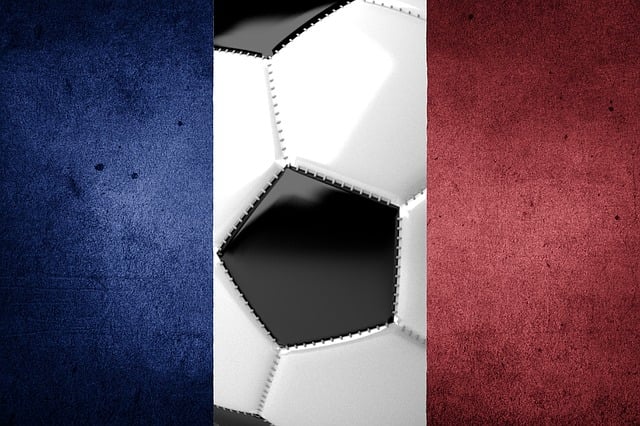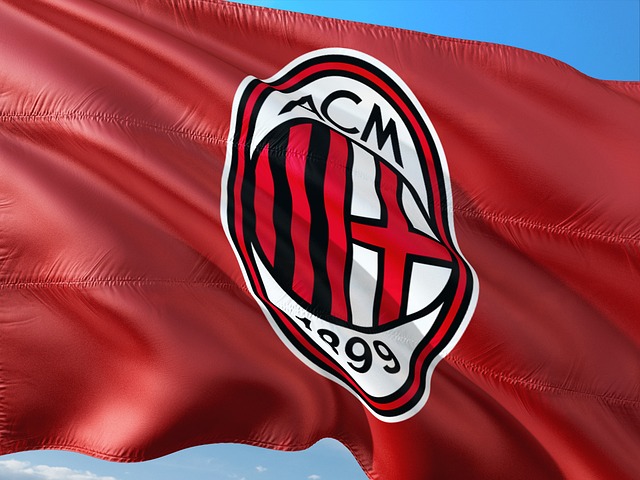With the 2026 FIFA World Cup fast approaching, football’s global governing body finds itself at the center of a mounting geopolitical storm involving one of its qualified participants — Iran. The Islamic Republic’s place in the tournament has been thrown into uncertainty following recent military exchanges between Iran and the United States, including a retaliatory strike on a U.S. base in Qatar after American forces bombed Iranian nuclear sites.
Set to be co-hosted by the United States, Mexico, and Canada, the expanded tournament is already dealing with logistical and diplomatic challenges. Among the most pressing: whether Iran will be allowed — or able — to play its scheduled matches on American soil, amid sharply escalating tensions with Washington.
Though Iran secured qualification back in March, marking their fourth consecutive World Cup appearance, their involvement now hangs in the balance.
Now, concerns are rising about how FIFA will handle the situation, especially as the draw for the tournament looms and a decision needs to be made on where teams will play.
There is speculation that FIFA may look to maneuver Iran into Group A, which would allow them to play their group-stage fixtures exclusively in Mexico — one of the three host nations not subject to the same travel restrictions. This option would delay any confrontation with U.S. territory until the knockout rounds. Should Iran progress beyond the group stage, however, the team would be required to play at least one match in the United States, including the possibility of competing in the final at New York’s MetLife Stadium.
🌎 13 nations have qualified for #FIFAWorldCup 26.
— FIFA World Cup (@FIFAWorldCup) June 11, 2025
Who will be next? pic.twitter.com/YY0RUTffCp
The alternative — a ban from the tournament — is not without precedent. FIFA previously suspended Russia following its invasion of Ukraine, and Yugoslavia was barred from international competition during the Balkan wars of the 1990s.
While there has been no official comment from FIFA President Gianni Infantino, the organization is likely considering every option, especially given Infantino’s close association with U.S. President Donald Trump, whose administration recently launched military action against Iranian nuclear facilities.
The implications extend beyond just the Iranian squad. With the United States’ travel ban still in place, Iranian supporters are unlikely to be permitted entry to attend matches, even if exemptions are granted to players and staff.
The structure of the World Cup draw may provide FIFA with some room to maneuver. In 2022, UEFA kept Ukraine and Belarus apart due to the conflict with Russia — a precedent that could be mirrored in this case.
But the challenge remains immense. While Iran’s footballing ambitions include advancing past the group stage for the first time in their history, political realities could ultimately block their path. The 2026 tournament was meant to celebrate global unity across North America. Instead, it now risks highlighting the very fractures it hoped to bridge.
Featured Image Credit: Unsplash / myprofittutor
.png)



.jpg)
.jpg)
.jpg)




